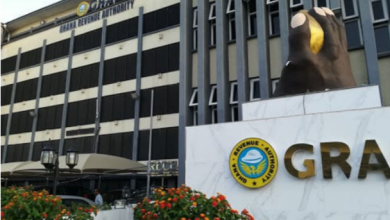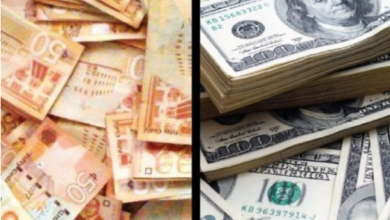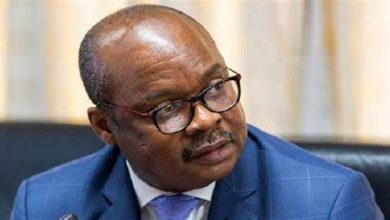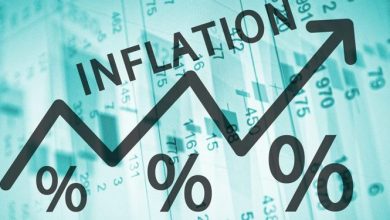Business
BoG denies lending more than approved ¢10bn to government
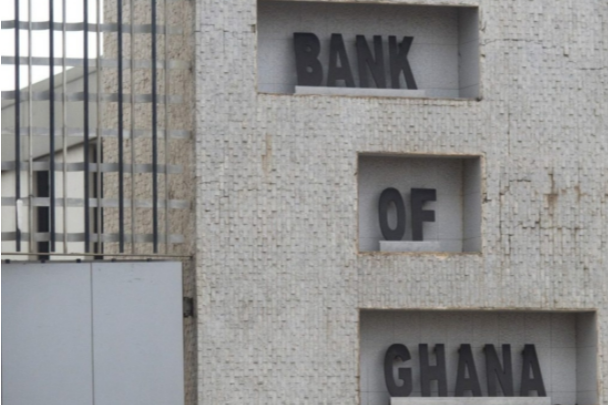
The Bank of Ghana has denied lending to government more than what was approved by Parliament last year.
According to the Head of Research at the Central Bank, Philip Abrodu-Otoo, it actually compiled the ¢10 billion that was agreed between government, Parliament and the Bank of Ghana (BoG).
He maintained that ¢10 billion was reached under what can be described as the Asset Purchase Programme which allows the central bank, the Ministry of Finance and the Controller and Accountant General on government’s borrowing limits.
Mr Abrodu-Otoo said BoG stands ready to provide the necessary documents to support its claim that it did not go beyond what was approved.
“It’s already in the Bank of Ghana’s financial statement for last year and that can be made available to Parliament” the Director of Research added.
Background
The Minority Leader in Parliament, Haruna Idrissu, at the vetting of the Finance Minister Ken Ofori-Atta and even during his approval in Parliament raised a red flag about BoG’s lending to government.
This was after a summary of Central Bank operations in 2020 captured the Bank’s lending to government at ¢22.5 billion cedis.
The Minority Leader argued that it will begin investigations into the matter and will have to also call the Governor, Dr Ernest Yedu Addison to appear before the House to provide some answers on the issue.Mr Abrodu-Otoo explained that the extra ¢10 billion captured in the summary of its operations was due to some funds that came from the IMF to government which was channelled through the Bank of Ghana as well other financing arrangements.
He said these should not be seen as fresh lending to government.
· ¢10 billion for Asset Purchase Program
· ¢5.6 billion for IMF Covid-19 support
· ¢981 million IMF Covid-19 support
· ¢925 million to MFI depositors
¢5,068 million to Monetisation of Financial Sector
Mr Abradu-Otoo noted that under the financing deal, ¢5.6 billion was extended to government, based on the IMF Extended Credit facility that was supposed to help deal with the Covid-19 pandemic. The IMF made this available to government in April 2020.
He noted that, “the resources were lent to Bank of Ghana and it later on lent this facility to government.”
The Director of Research, also added that the ¢981 million, was actually resources from the IMF that was associated with the completion of the 7th and 8 reviews of the IMF ECF program which started in 2015.
“The resources were not made available to government in 2019, but reflected in the 2021 accounts” Mr Abradu- Otoo added.
There was another component of ¢925 million, and this was basically interest payment due Bank of Ghana on the non-Marketable security.
Mr Abradu-Otoo explained that “the Covid-19 conditions meant challenges face by government in repaying, this as securitised by the Bank of Ghana.
The Bank of Ghana also argued that another ¢5 billion that was provided were basically a monetisation of financial sector bonds held by CBD to support their operational efficiency and help pay off depositors.
He argued that the above explanation should give some clarity on the ¢22.5 billion that was captured in the 2020 budget.
The Bank of Ghana added that it was surprised at the development because it had met the Finance Committee of Parliament for briefing on the development.
He, however, said it was willing to engage the house again over the development.
Source: Fiilafmonline/JoyBuss
